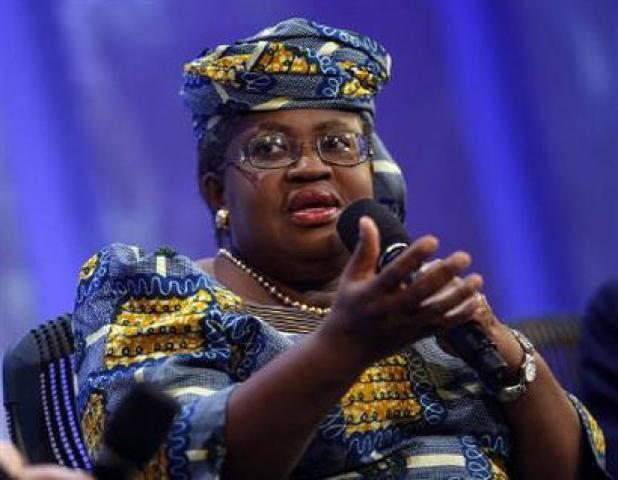 Maha Atal/Forbes
Maha Atal/Forbes
Last spring, when the International Monetary Fund began its search for a new Managing Director, I argued that the Fund should pass over Christine Lagarde – then French finance minister – for a candidate from the developing world.
As it happened, developing countries failed to rally around a strong candidate in time, and Lagarde handily won the gig. And, as I reported in August, she set about shifting the Fund in a rightward direction, echoing the clarion call for ‘fiscal consolidation,’ otherwise known as austerity, coming from wealthy European states. A shame, but hardly a surprise.
Almost a year later, the World Bank faces its own leadership crossroads. Historically, the Bank’s top job has gone to whichever Yank the US government puts forward, usually in an uncontested race. But this time is different, not simply because Washington‘s nominee, Jim Yong Kim, faces two serious opponents, but because those opponents have more experience in international economics and finance than he does. As the Economist put it, “Had Mr Obama not nominated him, (Kim) would be on no one’s shortlist to lead the World Bank.”
That’s not to say that Kim’s record lacks bright spots: he’s the co-founder of Partners in Health, a great medical charity, and a public health expert who ran the HIV/AIDS program at the World Health Organisation. These are important causes, but the World Bank is not a health charity. Indeed, last year, the Bank spent just 15 per cent of its funds on health and other social services.
Most of the Bank’s work (over 50 per cent in 2011) involves institutional reforms: helping countries gain access to global markets, attract foreign investment, regain control in the face of runaway inflation or ballooning debt and rebuild infrastructure after natural disasters or conflict. Running the Bank requires experience with international finance, macroeconomic policy and global political minefields. The only candidate of the three with those qualifications is Nigeria’s finance minister Ngozi Okonjo-Iweala.
By far the most important reason to appoint Okonjo-Iweala is that she has experience on both sides of the table in the international lending negotiations that are the bread and butter of the Bank’s work. As an economist who rose to be the Bank’s Managing Director, she oversaw its lending from 2007 to 2011, helping shepherd it through the global financial crisis. As Nigeria’s finance minister between 2003 and 2006, she represented her government in debt relief negotiations with Paris Club donors, succeeding in reducing the country’s debt burden from $30 billion t0 $12 billion. That remains the only time the Paris Club has allowed a debtor nation to buy back its debt below par.
What’s critical about the experience is that Okonjo-Iweala understood what it meant to face a debt burden that was so beyond repayment as to be punitive, and she worked to have it reduced. But she also understood that the single case of Nigeria didn’t negate the merits of international development lending and she went back to the Bank to provide critical funding to other nations.
She therefore embodies the argument that the Bank desperately needs to make if it is to regain its legitimacy in the developing world: that aid and development lending are powerful forces for good, so long as they are delivered justly. Appointing her turns control of the Bank over to those it serves while re-affiriming the Bank’s underlying mission.
I don’t believe her record to be perfect: for all the plaudits for her corruption crackdown as finance minister under President Olusegun Obesanjo, plenty of reports – including my own from 2009 – have shown that cronyism remained alive and well in Obesanjo’s Nigeria.
I also don’t buy the argument made by Jagdish Bhagwati at Project Syndicate that a victory for Okonjo-Iweala over Kim is a victory for an orthodox, free-market approach to growth at the expense of community-based micro-development. I have always found this debate in the development community – about the merits of trade vs. aid vs. social enterprise – to be a false one. The poor need all three, in different proportions depending where they are and what challenges they face. But the World Bank is not a community organization; it’s a development bank, and it needs a leader who knows development banking. That leader is Ngozi Okonjo-Iweala.

